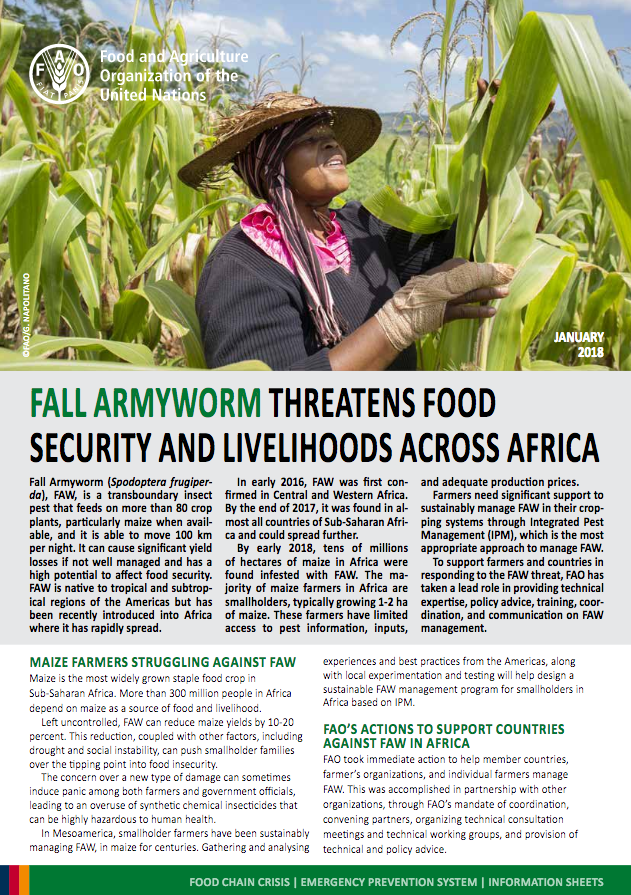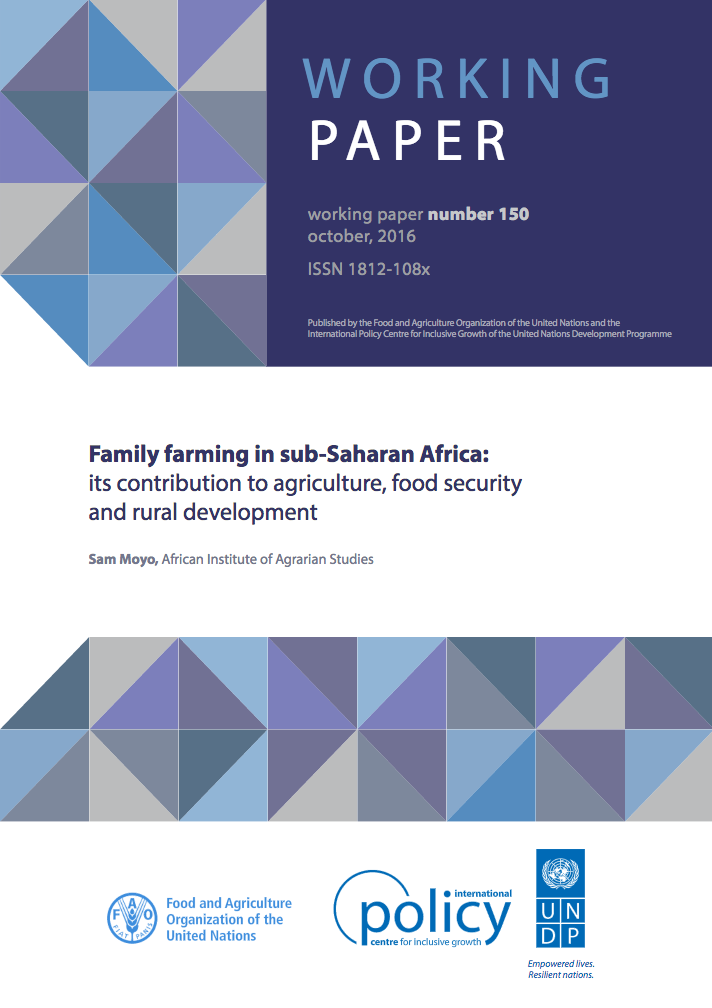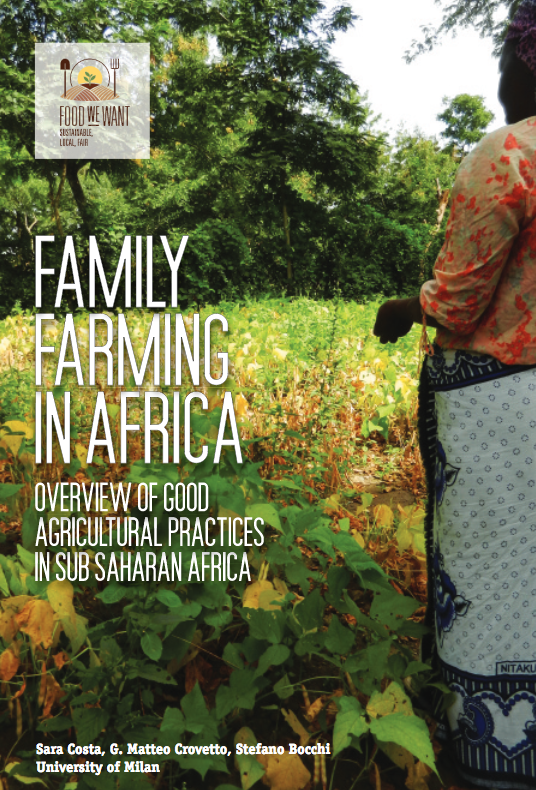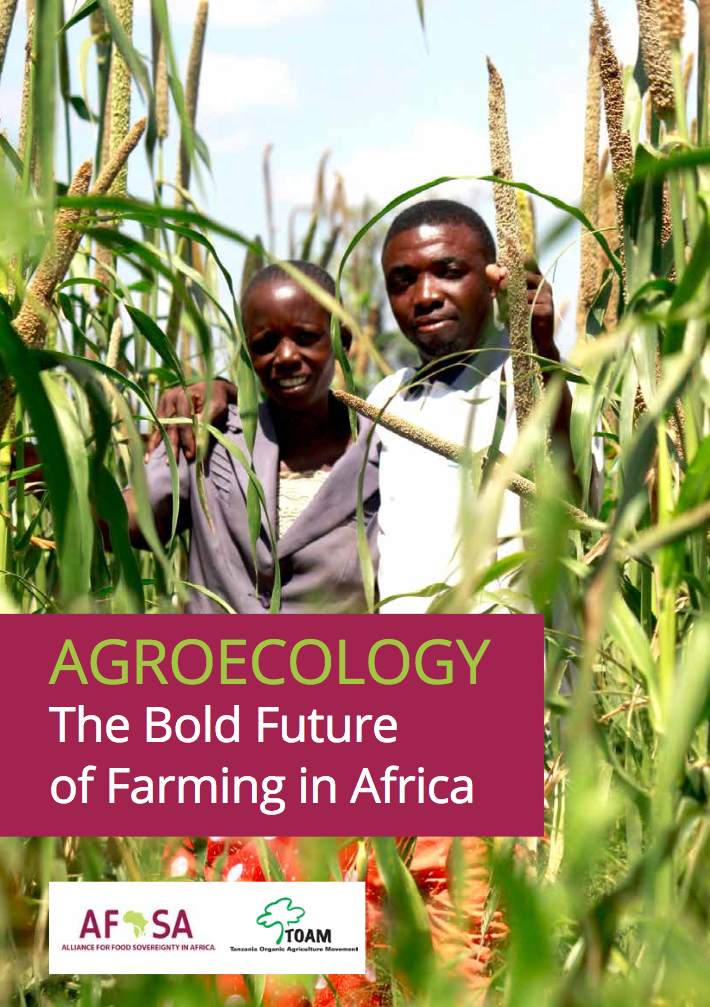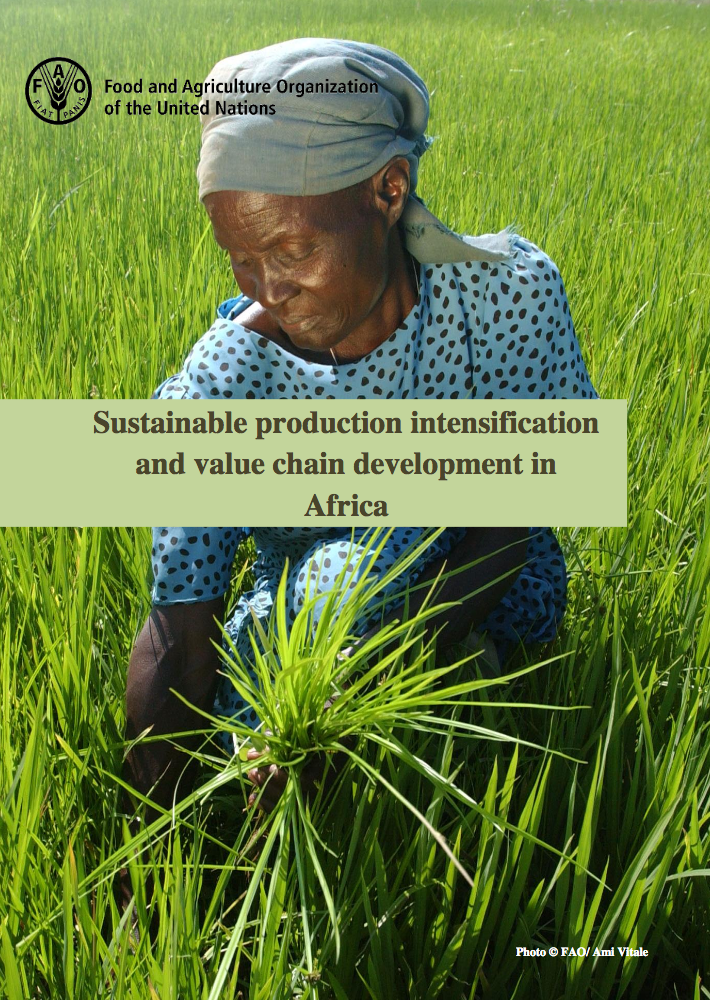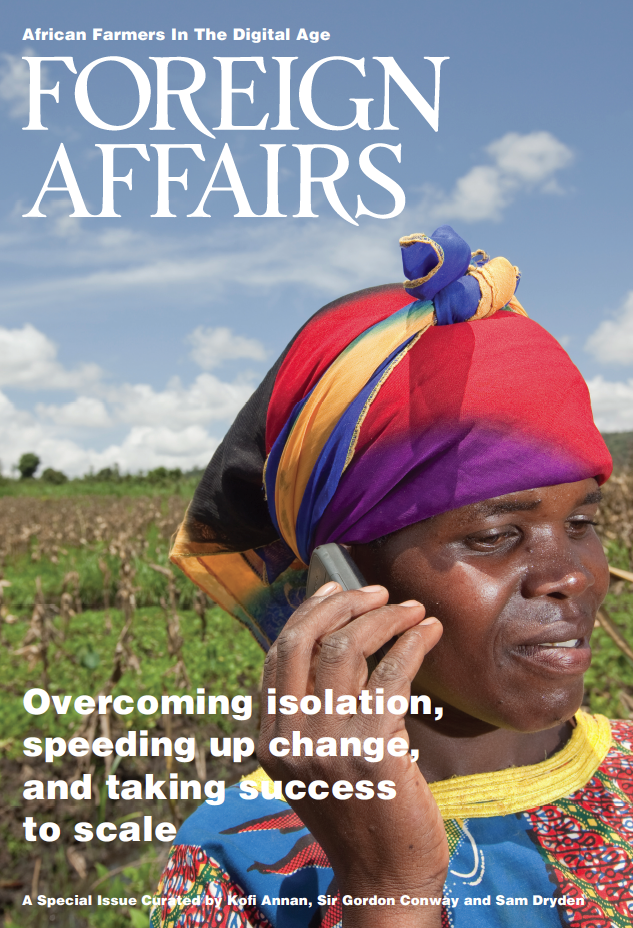Read more on Family Farming in Africa
Read more on Family Farming in Africa
Family farmers in Africa are crucial for food security, now and in the future. Some of the most marginalized and vulnerable family farmers of the world live in sub-Saharan Africa. Yet family farmers lack support, are faced with incoherent policies and have insecure rights to resources. This is especially the case for women – often undervalued even though they take up most of the farming work in many African families- and youth – who see no future in agriculture. Policies are needed to ensure family farmers have control over resources that facilitate the creation of farmers’ organizations and that support youth and women. Moreover, these policies should be developed through a process that includes a strong voice of family farmers themselves.
In order to respond to the various challenges that family farmers often face, FAO is currently implementing three (3) Regional Initiatives in Africa.
Regional Initiative 1, “Africa's Commitment to End Hunger by 2025”, aims to accelerate the implementation of the strategy and roadmap of the Malabo Declaration at Regional Economic Communities (RECs) and participating countries levels. It also aims to strengthen the programming, mechanisms, capacity and delivery of actions needed to operationalize commitment to end hunger by 2025. Mapping exercises will identify gaps and determine the requisite interventions to enhance policy dialogue, mainstreaming food security and nutrition, coordination and capacity building for improved delivery.
Regional Initiative 2, “Sustainable Production Intensification and Value Chain Development in Africa”, focuses on sustainable intensification of production and the associated measures needed to address post-production issues, including better handling, processing and distribution, improved food quality and safety, and facilitating access to markets. The Initiative also aims at creating decent job and entrepreneurship opportunities for young women and men in line with FAO’s Action Plan on “Promoting youth employment and entrepreneurship in agriculture and agribusiness in sub-Saharan Africa”.
Regional Initiative 3, “Building Resilience in Africa’s Drylands”, aims to strengthen the resilience of vulnerable people in drylands to threats and crises through improving institutional and community/household capacity for resilience and responding to disasters and crises. In addition, it strengthens and improves early warning and information management.
Resources
How can Tanzania build capacity to accelerate women’s economic empowerment?
Network
ISAN Magazine
Useful links
- FAO Regional Office for Africa
- African Union
- Pan African Farmers Organization
- Network of Farmers’ and Agricultural Producers’ Organizations of West Africa (ROPPA)
- African Forum for Agricultural Advisory Services (AFAAS)
- Association for Strengthening Agricultural Research in Eastern and Central Africa (ASARECA)



